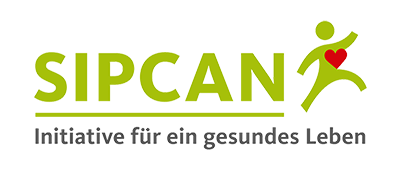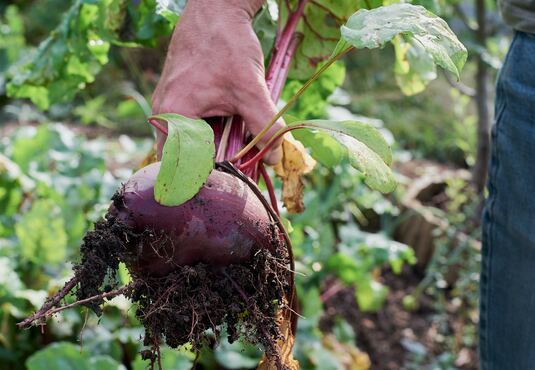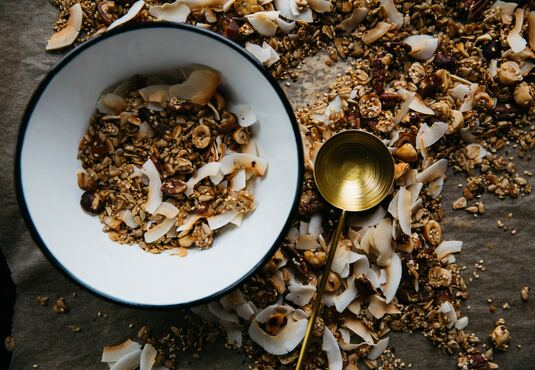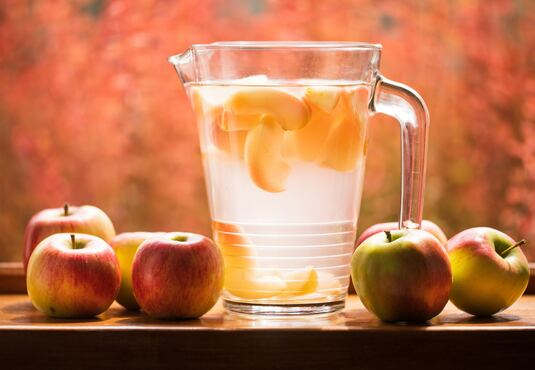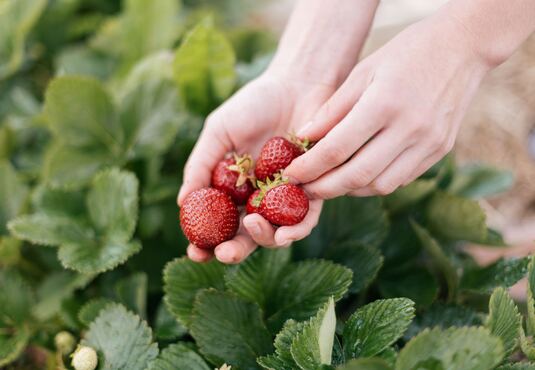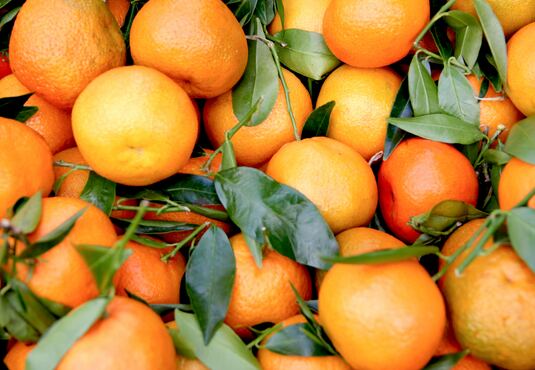
Less sweet - Smaller size
Sugar is an important topic, especially for beverages. Drinking enough is important, because a lack of fluids quickly shows in the form of concentration difficulties, headaches, but also circulatory problems. However, large amounts of sugar can also be absorbed very easily and quickly over the consumption of beverages. The ideal thirst killers are therefore water and mineral water, unsweetened herbal- and fruit teas, and sparkling fruit juices.
Because the range of drinks in supermarkets & Co is formed by many other drinks, the scientists of the preventive medicine institute SIPCAN have defined two simple orientation criteria that help to make a good choice.
The two criteria, which have also been agreed with the Ministry of Health, are:
a) The beverage contains a maximum of 6.7 grams of sugar per 100 millilitres.
b) The beverage does not contain any sweeteners.
Since 2010, the experts at SIPCAN have been working hard to ensure that the sugar content of beverages is reduced in a targeted manner. They checked more than 500 beverages available on the Austrian market each year (in PET containers and carton packs of 0.20 to 0.75 liters) as part of the so-called beverage check. The current results show that the sugar content has fallen again. The average sugar value is currently 6 g per 100 ml. Overall, a reduction of 20.2 percent (or 1.5 g per 100 ml) has been achieved so far.
With an average consumption of 68.7 litres of soft drinks per year, this means that today each consumer "drinks" over 1 kg less sugar per year. If we consider the total sugar reduction since 2010 of 3.7 kg (37.1 to 33.4 kg sugar per year), this corresponds to a saving of 28 percent of sugar reduction in beverages.
Rauch Fruchtsäfte has also made a significant contribution to this positive development. Long before the topic of "sugar reduction" came into focus, Rauch showed a sense of responsibility and, with a great deal of foresight, was one of the first companies to start reducing the sugar in its beverages. Today, the average sugar content of all beverages offered in 0.2-0.75-liter containers is 5.3 g per 100 ml, well below the general average of 6 g. Beverages containing sweeteners are naturally excluded from this calculation. Overall, 7 out of 10 Rauch beverages currently meet the strict criteria of the SIPCAN experts. In terms of all the beverages examined in the study, this applies to around six out of ten products.
It is now possible to choose from a rich range of beverages with less sugar and no sweeteners, and the healthier choice is becoming the easier choice. For those who would like more detailed information, the current "beverage list" can be downloaded free of charge at www.sipcan.at/getraenkecheck. There is a search option available and a mobile Application.
To the SIPCAN Beverage Check



